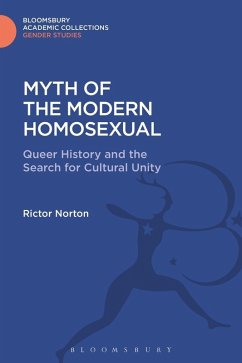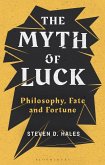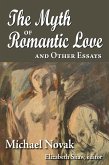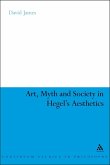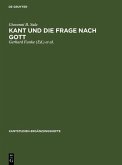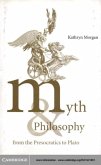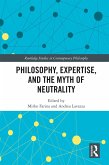With careful reasoning supported by wide-ranging scholarship, this study exposes the fallacies of 'social constructionist' theories within lesbian and gay studies and makes a forceful case for the autonomy of queer identity and culture. It presents evidence that queers are part of a centuries-old history, possessing a unified historical and cultural identity. The volume reviews the fundamental historiographical issues about the nature of queer history, arguing that a new generation of queer historians will need to abandon authoritarian dogma founded upon politically-correct ideology rather than historical experience. Norton offers a clear exposition of the evidence for ancient, indigenous and pre-modern queer cultural continuity, revealing how knowledge of that history has been suppressed and censored and sets out the 'queer cultural essentialist' position on the key topics of queer history - role, identity, bisexuality, orientation, linguistics, social control, homophobia, subcultures, and kinship patterns.
Bitte wählen Sie Ihr Anliegen aus.
Rechnungen
Retourenschein anfordern
Bestellstatus
Storno

